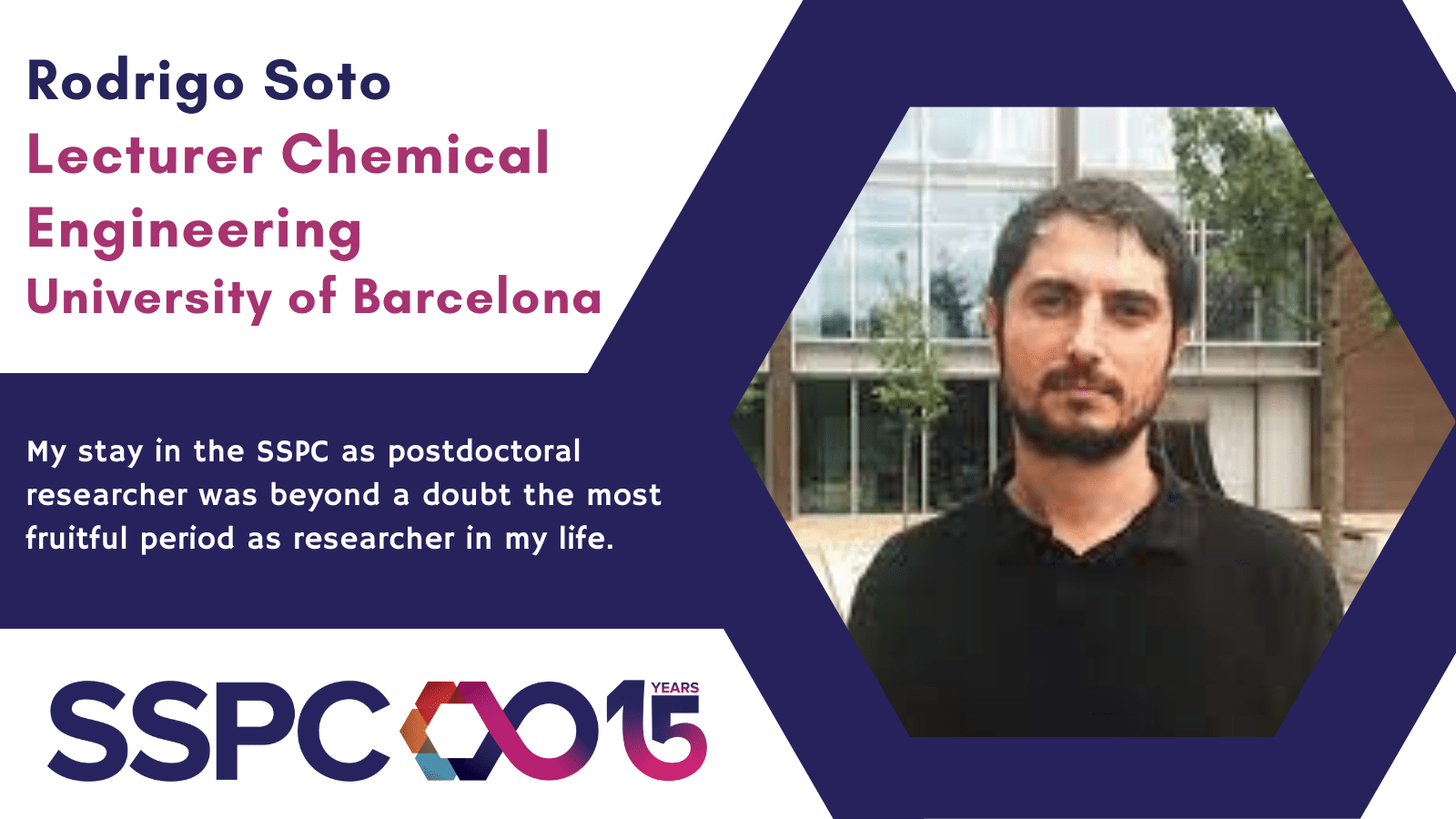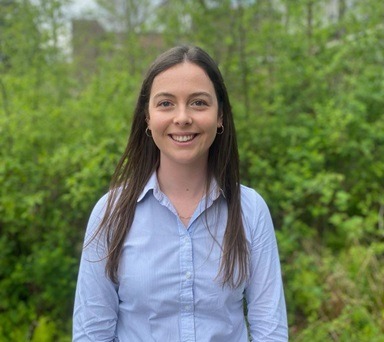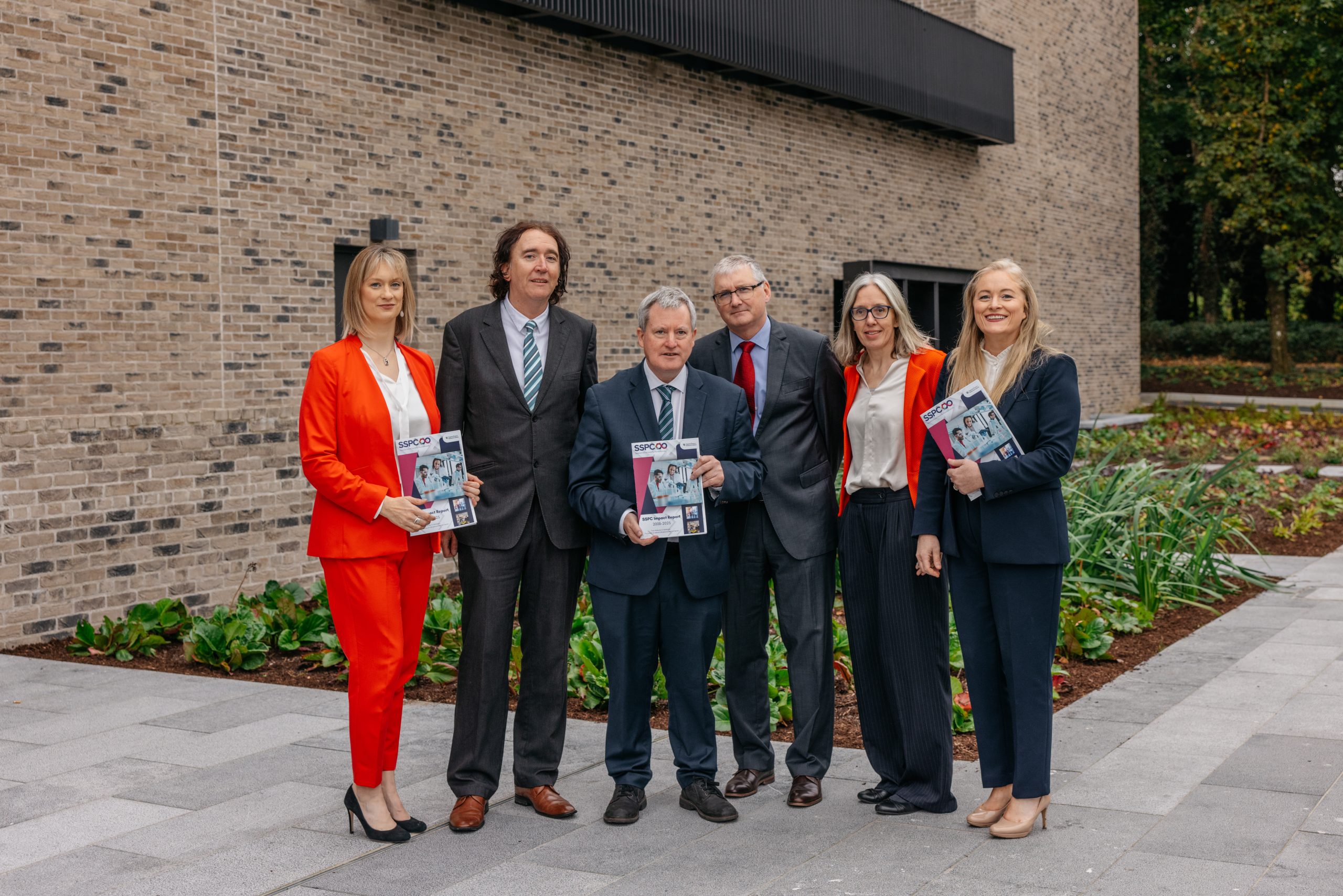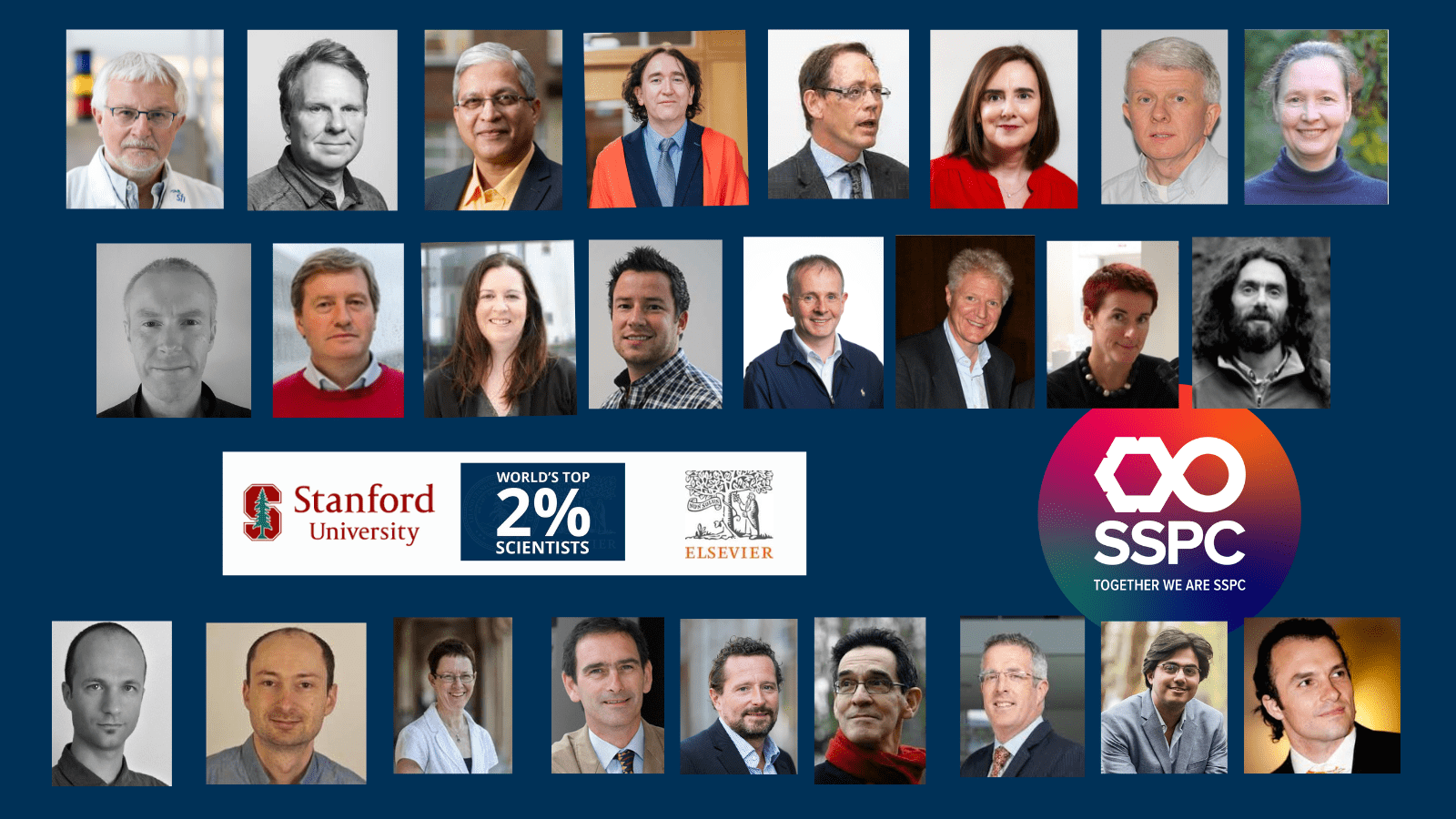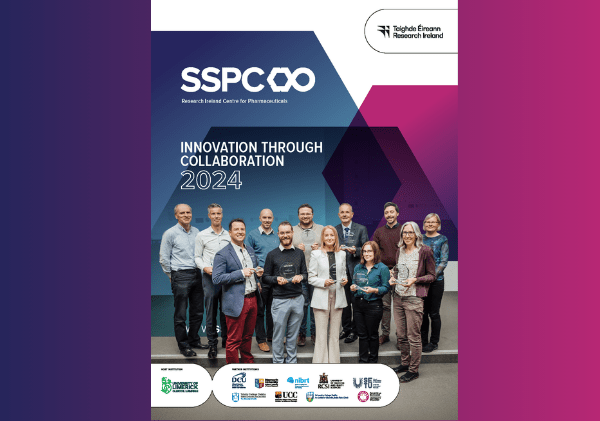Dr. R. Soto holds BSc and MSc degrees on Chemical Engineering, an MSc degree on Environmental Engineering, a MSc degree on University teaching for novel lecturers, and a PhD on Engineering and Advances Technologies all from the University of Barcelona. In addition he was a Postdoctoral Research Associate at the University of Limerick for SSPC from August 2017 to June 2020. Later he gained a Research Fellow position at the Pharmaceutical Manufacturing Technology Centre (PMTC) until March 2021, when he started his actual role as Lecturer on Chemical Engineering at UB.
I am currently working on developing new materials with biomass origin that present applications in many fields such as pharmaceuticals, bioplastics, packaging, biofuels, food, etc. The main objective is finding more sustainable chemical methods for transforming biomass into valuable platform and fine chemicals that will contribute to a greener chemical industry and to a more sustainable world by mitigating the current environmental impacts derived from human activity.
Rodrigo and his time at SSPC
My stay in the SSPC as postdoctoral researcher was beyond a doubt the most fruitful period as researcher in my life. It offered me the opportunity to settle as a mature researcher, developing professional skills in the field of crystallization, pharmaceuticals and the use of process analytical technologies (PATs) and the most advance scientific technologies in the field. My supervisor, Prof. Åke Rasmuson is for me a referent in life, both as person and as researcher, and the best supervisor I ever had so far. He pushed forward my skills and taught me many fundamentals aspects on Chemical Engineering, especially in crystallization of pharmaceutical compounds. I will never forget the interesting discussions that we use to have on his office, the sound analysis and interpretation of results that lead us to better understand the crystallization challenges that we were facing, and his always open-minded and positive attitude as human. Altogether contributed enormously to my professional and personal growth, building a solid period of experience that defined the researcher and the person that I am today.
I also kindly remember all the good moments in the lab with the rest of PhD and PDRA colleagues from the SSPC (Dr Vivek Verma, Dr Vasanth Kanuchamy) and the students that I supervised, and also outside the lab with the Operation Team members and the rest of exceptional professors as Prof. Kieran Hodnett and Prof. Sarah Hudson. In a nut shell, the SSPC is one of the most professional research centres that I know worldwide and I was very lucky to have the opportunity to be part of it during four years.
Understanding the complexity of crystallization of pharmaceutical compounds is still a challenge for science. Apart from pushing forward our knowledge on the behaviour of this systems with enormous scientific and industrial benefits, it is also related to our capability of humans for saving lives by combating current diseases. In addition, the possibility to work with cutting edge technology and better understand chemistry from a molecular level, where also reasons awaking my interest.
When you first started work as a researcher, what were you most surprised to learn was important in the role?
Doing Science and researching for changing the world is not an easy task. Never, the success comes in the very first day. It is an arduous process with much more fails than success. However this difficult pathway is also very rewarding since you always learn, even more from fails, and drop by drop with research we are able to build oceans. Therefore, perseverance and never giving up are super important in the role.
How important do you think pharma research is and especially a dedicated research centre like SSPC?
I believe that pharma research is of utmost relevance in the contemporary world to face may of the current human challenges, e.g. pandemics and other diseases, access to quality food, increase health degree of society, etc. Accordingly, the importance of dedicated research centres such as the SSPC is enormous. It is important not only to bring together the expertise of many scientists which is crucial for unravelling big responses for science, but also to create a close community with humans from different countries, making us closer to each other enabling thereby to make us more humans by better understanding other cultures and ways of thinking.
Examples of what areas you think pharma is driving towards?
I believe that the main areas are therapeutic (e.g. oncology, immunology, diabetes, respiratory), improved healthcare systems, fostering biopharmaceutical industry or the use of enzymes and microorganisms to develop effective treatments for many diseases including pandemics and finally, I think that pharma is also driving towards improving food quality and food access worldwide.

